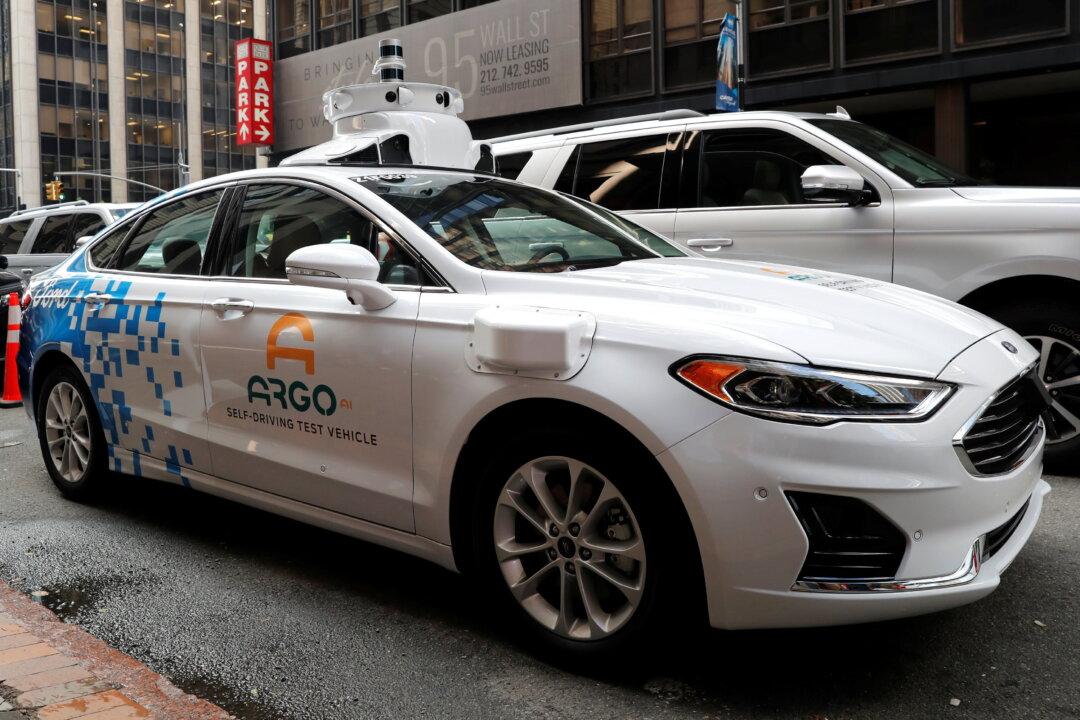There is a bipartisan effort by two members of the U.S. House of Representatives to help revive legislative efforts to promote self-driving vehicles in the United States.
Reps. Robert Latta (R-Ohio) and Debbie Dingell,(D-Mich.) spoke with Reuters about their new Congressional Autonomous Vehicle Caucus, which they hope will put forward federal autonomous vehicle standards, which currently are nonexistent.





